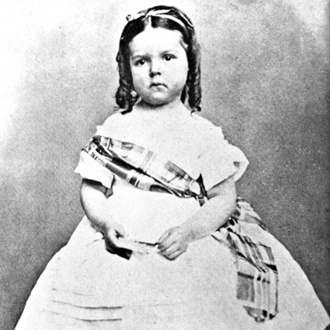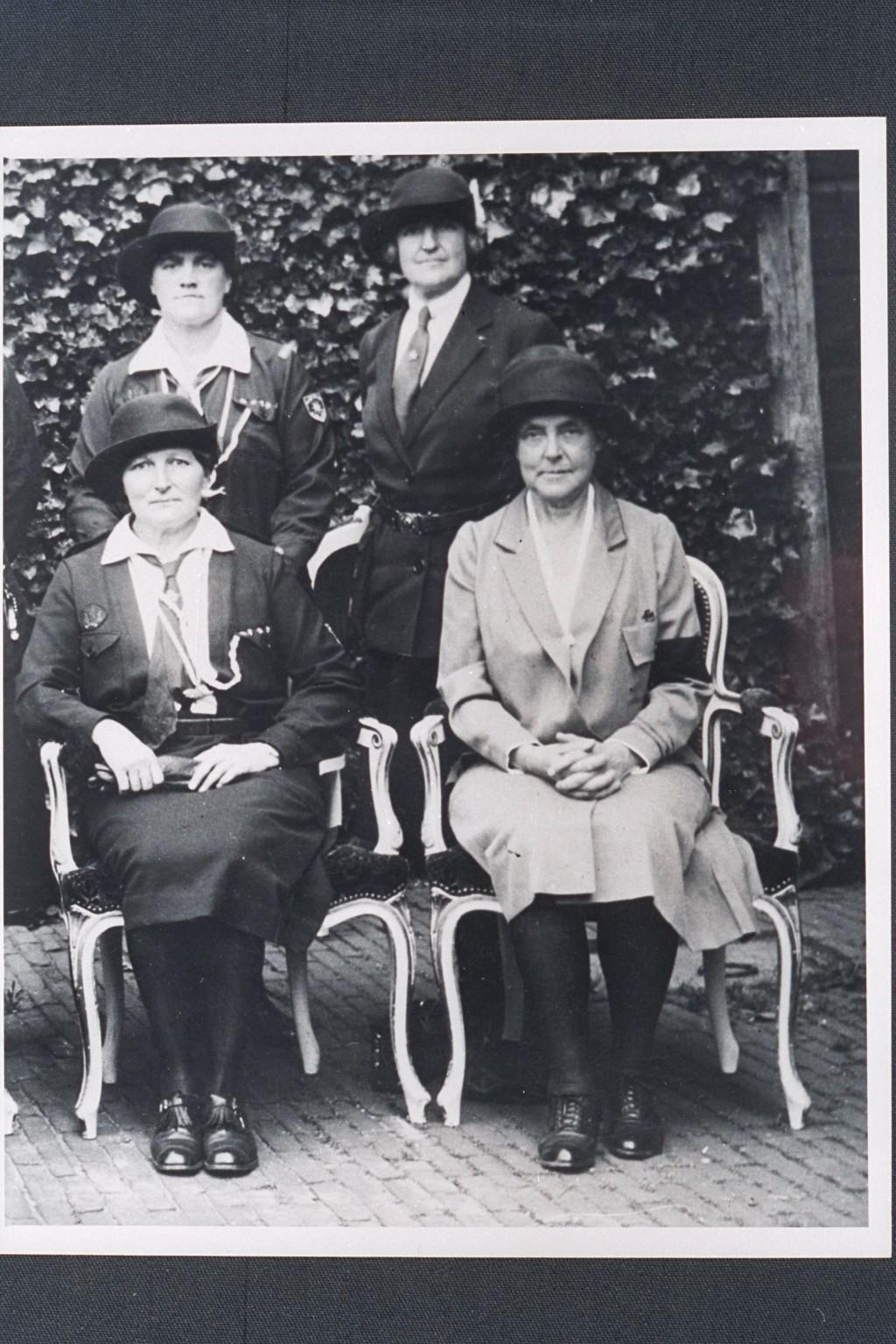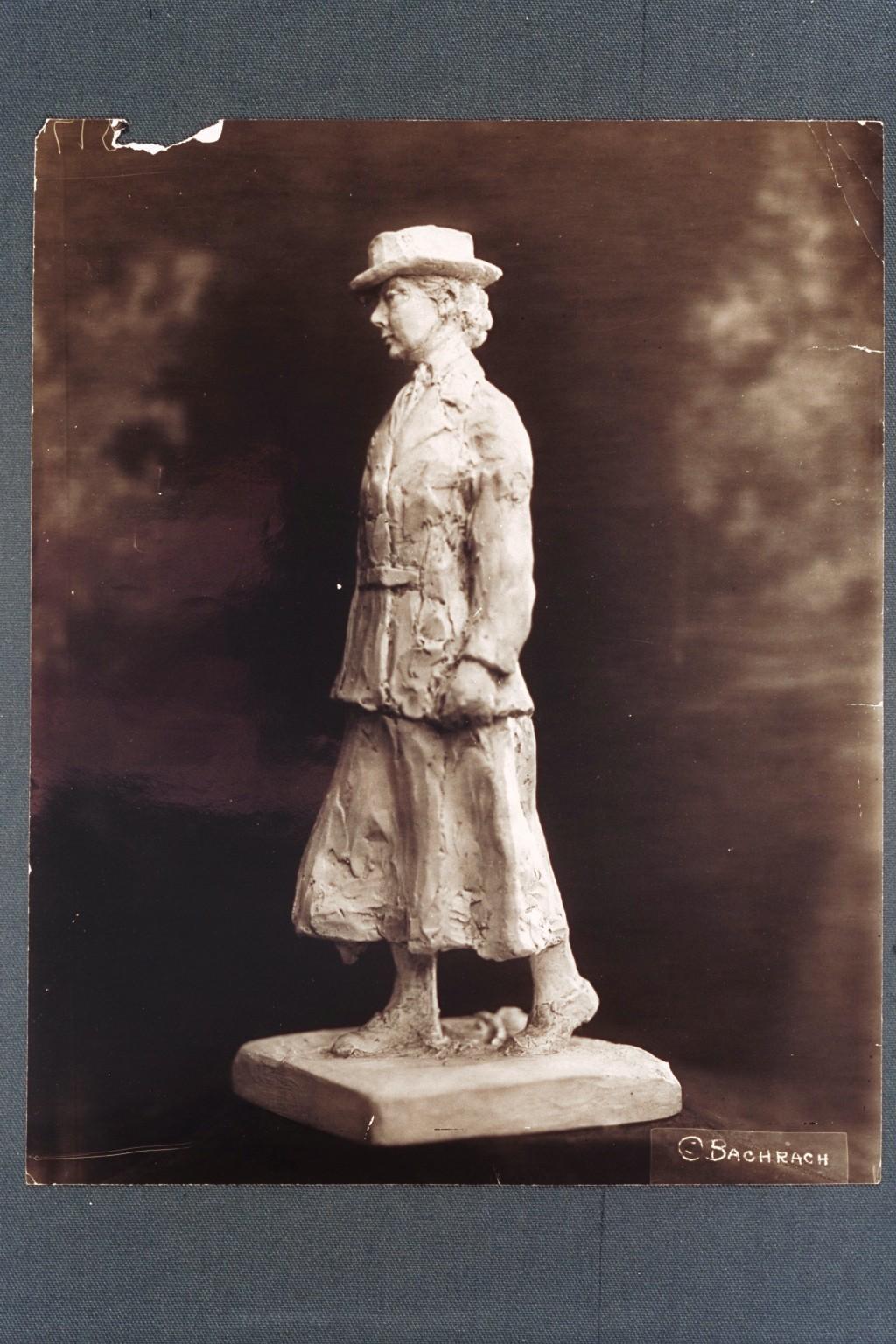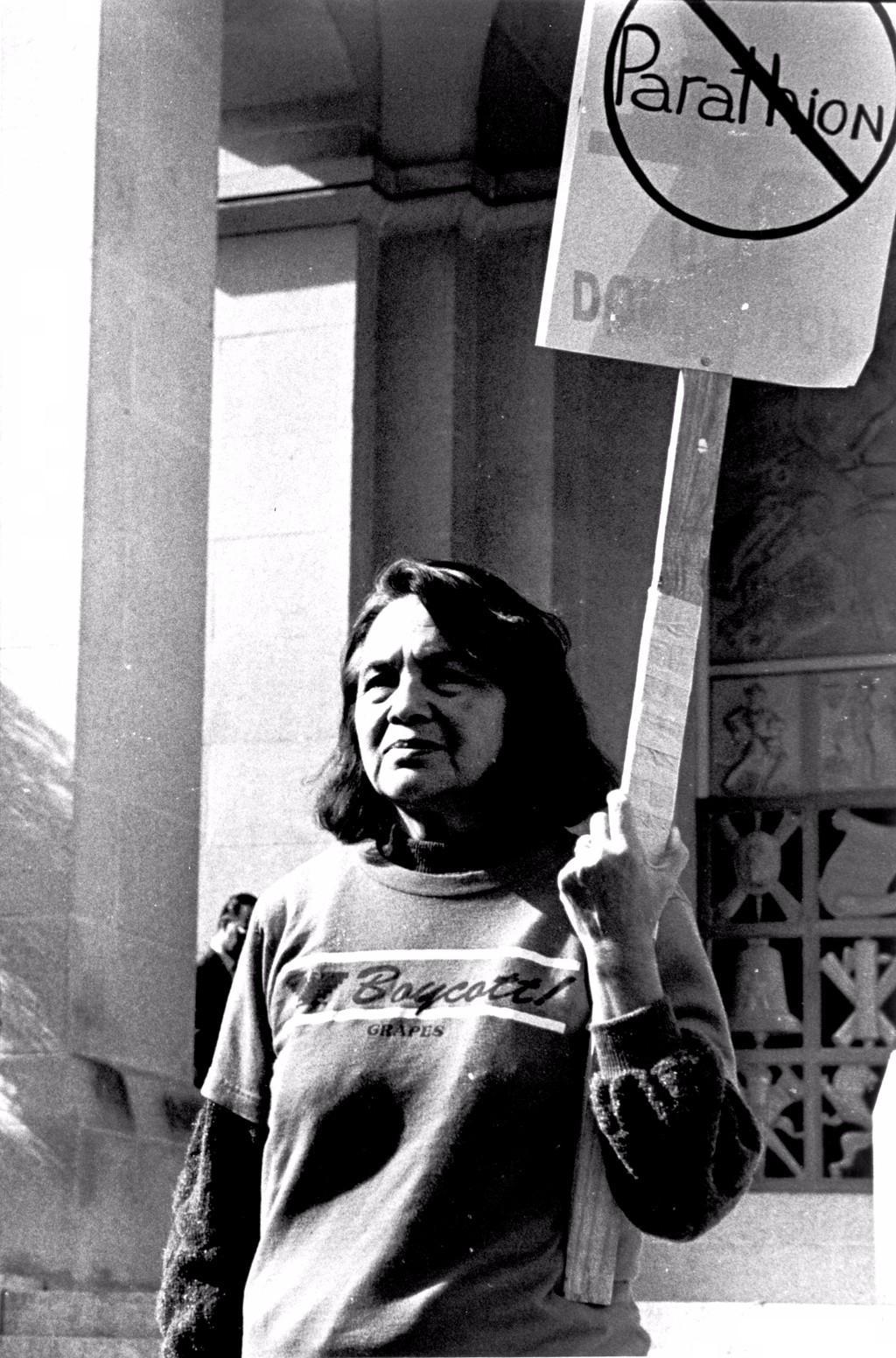Girl Scout Women Leaders
Helen O. Storrow (1864 -- 1944)
The first important Girl Scout leader working at the frontier of feminism is Helen O. Storrow. Storrow is a prominent feminist figure in the first half of the twentieth century passionately devoting her career to the betterment of Girl Scouts.
Hellen O. Storrow was born on September 22, 1864 in Auburn, New York. The United States was then still in the aftermath of the Civil War, constantly on a lookout for a ray of hope that would seep in though the debris of war. The birth of Hellen was like a spark of light that could ignite that hope. She was born to a family that had been devoted to philanthropic career and social reforms; her great aunt in particular endeavored to speak about the rights of women. Her family background went a long way towards shaping her future as an altruistic social reformer and a devoted philanthropist. Hellen was later married to James Storrow (Helen Storrow. ESE Archivist & Historian Natalie Richards and Storrowton Staff.).
The first important position Helen took was chairwoman of Eastern States Exposition Home Department in the 1920s. She made use of her skills in handicrafts to supervise exhibitions of innovative homemaking traditions. However, most of Helen's career as a feminist was dedicated to young girls. Her exempliary achievement in the 1890s is the Saturday Evening Girls' Club in Boston that provides education opportunities that spanned multiple disciplines (including arts, literature, history, crafsmanship, and even business) for young women immigrants to the US and help them assimilate to US culture (Helen Storrow. ESE Archivist & Historian Natalie Richards and Storrowton Staff.).
Her own childhood experience filled Helen with overflowing love for young girls who would grow up to be the hope of women in the future. As a result, Girl Scouts was a critical part of Helen's feminist career. Helen herself was a member of the Girl Scouts in Boston, Massachusetts. There is a photograph displayed in this section of a sculpture of Helen in her Girl Scouts uniform. We can see from Helen's experience that feminist reforms in the US had really been a long-term process with so much dynamics as to impact generations of women. Helen took the leadership of the first National USA Girl Scout Training School for Girl Scout Leaders in 1915. She also arranged in 1921 a 76-acre farm to provide gorund for camping activities of the Girl Scouts of Massachusetts. She was later elected to be the Chair of the World Committee for Girl Scouts and Girl Guides (Helen Storrow. ESE Archivist & Historian Natalie Richards and Storrowton Staff.).
Below is a quotation of Helen's articulation of the significance held by the name "Girl Scouts":
Our name, Girl Scouts, is very dear to us, and seems to us the logical name. The terms scout and scouting apply to girls and their activities as appropriately as to boys, and represent the same laws and ideals. The idea that we are trying to make boys out of the girls is soon dissipated when the girls show their increased usefulness at home...
The suggestion to change the name met with the determined opposition from both our girls and their officers, and we shall in all probability remain scouts. I wish most heartily that we might share the same name. Would the Guides consider changing? I wish they would (Fashioning the Body Politic: Dress, Gender, Citizenship, p. 133).
You could find more photos of Helen throughout her career as a Girl Scout leader in the universal viewer below.
Dolores Huerta (born 1930)
As Girl Scouts developed under the leadership of feminist leaders, it also gave rise to a number of Girl Scouts members who grew up to become active advocates for women's rights. The significance of Girl Scouts therefore lies in its potential to promote feminism in the long run. An exemplery figure in this respect is Dolores Huerta, a contemporary female leader in the promotion of women's rights in the United States.
Dolores was born on April 10, 1930 in Dawson, New Mexico into the family of a farm laborer. She was deeply influenced by the teachings of her mother who was greatly aware of the importance of equality in political rights. As a girl, Dolores had a deep emotional attachment to Girl Scouts, of which she had been a member for ten years since the age of eight. As Huerta later recalled, being a victim of discrimination due to her family background as farm workers in an early age, she accumulated her self-confidence in the Girl Scouts and learned to adapt to society. She also acquired the skills of working in the field and earned a lot of Girl Scout badges she learned to take pride of. It was the Girl Scout that helped Dolores learn to appreciate the value of diversity, a value she endeavored to promote in her future life as a civil rights activist.
Like Helen, Dolores also had a overflowing compassion for young children and cared deeply about their welfare. Her own experience as a former Girl Scouts members made that emotion deeply rooted in her hearts. She realized that as an advocator for women's rights, she also had a responsibility to fight for the rights of children, particularly in their education. Her realization that a lot of kids who worked in the farms could not come to school led to her decision to promote the rights of farmers and workers (Garcia, Richard A. “Dolores Huerta: Woman, Organizer, and Symbol.”) .




